GSP Insurance Group Blog |
Understanding the Need for Commercial Umbrella InsuranceSmall businesses face a multitude of risks that can potentially lead to significant financial losses. From property damage to lawsuits, these risks can pose a serious threat to the survival and success of a small business. This is where commercial umbrella insurance comes into play, providing additional liability coverage beyond the limits of other policies.
Commercial umbrella insurance acts as an extra layer of protection for small businesses, offering coverage when primary policies reach their limits. While general liability insurance and other primary policies provide essential coverage, they may not be sufficient to fully protect a business from all potential liabilities. This is especially true in today's litigious society, where even minor incidents can result in costly lawsuits. Choosing the right commercial umbrella insurance policy is crucial for small business protection. It ensures that businesses have adequate coverage to handle unexpected events and claims that exceed the limits of their primary policies. By having commercial umbrella insurance in place, small businesses can safeguard their assets and mitigate the financial risks associated with liability claims. In addition to providing increased liability coverage, commercial umbrella insurance offers peace of mind for small business owners. It allows them to focus on running their business without constantly worrying about potential legal actions or financial setbacks. With proper risk management strategies and comprehensive liability coverage, small businesses can operate with confidence and protect themselves from unforeseen circumstances.
0 Comments
If you are a business owner in Georgia or South Carolina, it is important to be aware of the distinctions between commercial auto insurance and personal auto insurance. While personal auto insurance typically covers vehicles used for personal reasons such as commuting or running errands, commercial auto insurance is specifically designed to protect vehicles used for work-related purposes. This includes business vehicles like delivery trucks, company cars, and even personal vehicles used extensively for work. The key distinction lies in the coverage provided. Commercial auto insurance offers higher liability limits, as well as comprehensive and collision coverage options that go beyond the limitations of personal auto policies. Whether you're running a small sole proprietorship or a larger business entity, having adequate commercial auto insurance is essential. Protect your assets and ensure the safety of your employees and job sites by obtaining the right coverage for your business vehicles. Don't leave your business vulnerable – consult with an experienced insurance agent to determine the best commercial auto insurance policy for your needs.
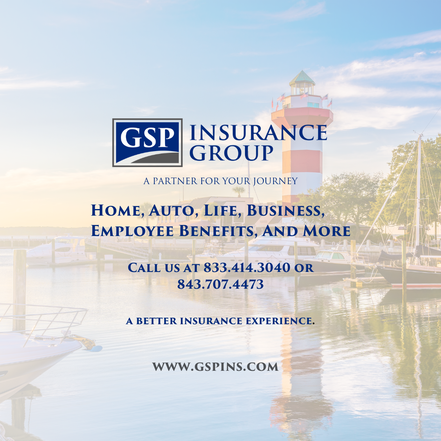 When it comes to protecting your business, having the right insurance coverage is crucial. As a business owner, you need to make sure that your company is adequately covered against potential risks and liabilities. However, finding the right insurance coverage can be a daunting and time-consuming task, especially for those who are not familiar with the insurance industry. This is where an independent insurance agent can help. 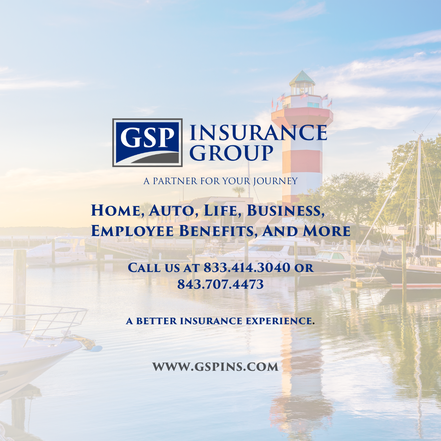 Auto insurance is an essential investment for vehicle owners to protect their financial interests in case of an accident or loss. However, there are two main types of auto insurance policies available in the market - personal auto insurance and commercial auto insurance. In this blog post, we will discuss the differences between these two policies and help you understand which one is suitable for you. 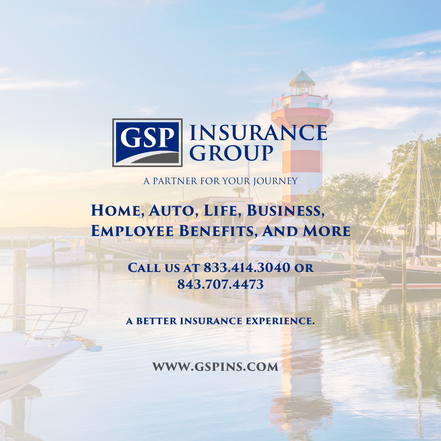 Auto insurance is an important investment for vehicle owners to protect themselves from financial losses in the event of an accident or loss. However, it's crucial to ensure that your auto insurance policy reflects the nature of your vehicle use accurately. If you have a vehicle that you use for business purposes on a personal insurance policy and get into an accident, several consequences could arise. In this blog post, we will discuss what happens if you have a vehicle that you use for business purposes on a personal insurance policy when you get into an accident. 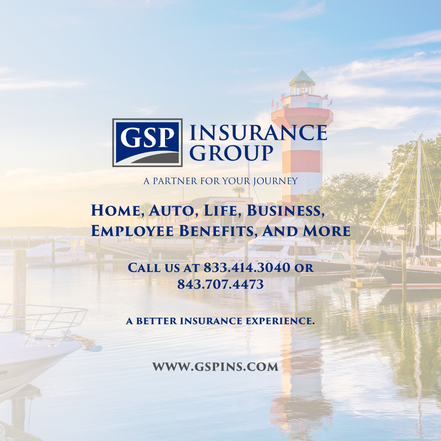 Running a business can be a risky venture, with potential threats lurking around every corner. Whether it is an employee getting injured on the job, a natural disaster damaging your property, or a data breach compromising sensitive information, any of these events can significantly impact your company's bottom line. That's why it's essential to have the right insurance policies in place to protect your business. Here are the top insurance policies that every business should consider investing in: As a small business owner, you have a lot on your plate. From managing employees and finances to dealing with unexpected challenges, there's always something to keep you busy. But one area that shouldn't be overlooked is commercial insurance.
Simply put, commercial insurance is a type of insurance that protects businesses from a wide range of risks, from property damage and theft to liability and employee injuries. Without commercial insurance, a small business could be left exposed to significant financial loss in the event of a lawsuit or unexpected incident. One of the biggest reasons small businesses need commercial insurance is to protect their assets. Property damage, for example, can cause serious financial strain, especially for small businesses that may not have the financial resources to cover repairs or replacement costs. Commercial property insurance covers damage to buildings and equipment from events like fire, storms, and vandalism. Another important aspect of commercial insurance is liability coverage. No business is immune to the possibility of a lawsuit, whether it's from an injury on your property or a customer who claims your product caused them harm. Liability insurance protects your business in these situations, covering the costs of legal defense and any settlements or judgments. Employee injuries are also a major concern for small businesses. Workers' compensation insurance is required by law in most states, and it covers the medical expenses and lost wages of employees who are injured on the job. Without it, small businesses would be held financially responsible for those expenses. Overall, commercial insurance is a vital tool for small businesses, as it provides protection for the many risks that business owners face. Without commercial insurance, you could be putting your business, your employees, and yourself at risk of financial loss. It's important to work with a qualified insurance agent to determine the type and amount of coverage that your business needs. Introduction
Auto insurance is a must for virtually all drivers, but the amount of coverage you need and the company you choose are important factors in your insurance costs. What types of vehicles do you own? Do they require special coverage or safety features? Do they have high mileage? Are they used primarily for pleasure or commuting to work? Your answers to these questions will help you find an auto insurance policy that offers just the right amount of protection without breaking your budget. The Basics of Auto Insurance Auto insurance is a type of insurance that covers damage or injuries caused by automobiles. It also covers medical expenses for the insured, their passengers and third parties who are injured in an accident involving the insured automobile. Auto insurance can be divided into three types: liability, collision and comprehensive. The first type is liability, which covers the costs incurred by an insured party to repair or replace property damaged or destroyed by an insured vehicle. This includes any bodily injuries caused by the same vehicle up to liability limits set forth by law in your state of residence. The second type is collision coverage, which pays for repairs to your car when it collides with another object or vehicle - including pets! The third and final type is comprehensive coverage, which pays for damages unrelated to accidents such as vandalism and weather-related incidents like hailstorms (not counting hurricanes). Shopping for a New Policy When you're shopping for a new policy, focus on what your needs are. If you own a home and have young children, for example, you'll want to get the most affordable coverage that will still protect your family in case of an accident. You should also look into how much money you can afford. Set up a budget that allows room for insurance payments and other monthly expenses like utilities and groceries—these things aren't cheap! Try to make sure that the amount of money spent on auto insurance doesn't take away from any other areas of your budget; this way, if something unexpected happens (like a major car repair), it won't be as stressful financially as it would be otherwise. Finally—and this is important! —be aware of all the discounts offered by different companies when choosing an insurer or agency. Discounts include things like having clean driving records over time; being part of certain organizations such as AAA; living in safe neighborhoods with low crime rates; driving less than 20 miles per day or owning more than one vehicle (or both). These discounts can help lower premiums while still providing adequate protection against accidents and bodily injury claims brought upon by others on the roadways around us every day. Choosing the Right Car Insurance Company The most important step in finding the right car insurance company is to get multiple quotes. You should talk to an independent agent that works with multiple companies and allow them to shop around to find you the best coverage and rates. You should also ask about any discounts available based on factors such as marital status and credit score—these could help save you hundreds of dollars each year! How to Lower Your Auto Insurance Rates Enlist and independent agent to shop around for the best auto insurance rates. Check your credit score and ask about discounts. If you have a good credit score (below 590), most insurance companies will give you a discount on your policy—sometimes as much as 20%. And if you've never been in an accident, some insurers may offer additional savings on top of this. Get a safe driver discount—and ask about it again. Some states require all insurers to offer a safe driver discount to customers who maintain good driving records without any accidents or moving violations within three years of applying for coverage; other states don't enforce this requirement but still require insurers to offer some type of reward if they're available in that state. To find out what types of rewards are available where you live, check with each individual company before shopping around: often times there'll be one or two carriers that won't offer any safe driver discounts at all because they aren't legally required to do so (and therefore don't want to get into trouble). Does Credit Matter With Insurance? Yes, your credit score is a factor in determining your auto insurance rates. However, it's not the only factor, and there are ways to improve your credit score if it's not currently on par with what you want. The best way to save money on auto insurance? Read on! Conclusion This is a great time to shop around for car insurance. It’s important to find the best deal for your needs, and if you’re not sure where to start, we can help! Our friendly agents are ready to answer any questions you have about auto insurance coverage. As a small business owner, you rely on your vehicles every day to service your customers. Let GSP Insurance Group find the right Business Auto policy to protect yourself and all you’ve built.
• Primary liability limits up to $2 million—much higher than what’s available from a personal auto policy—to protect your business • Coverages to protect you in virtually any vehicle you buy, rent, lease or borrow for your business … coverage for employees using personal vehicles for business-related incidentals … and coverage for business vehicles borrowed or rented for personal use • Policies that can include up to 20 vehicles and all your employees … with unlimited jobsite trips • Rental Reimbursement to help keep you on the road if your vehicle is down due to a covered incident • Roadside Assistance is available, too We offer great rates for all: new to experienced drivers … those with clean records to those with a few dings … and new ventures to established businesses. GSP Insurance Group has all the resources, knowledge, and carrier relationships to find the best coverage and value for you and your business. Give us a call at 843.707.4473 or email us at [email protected] and check out our website at www.gspins.com. |
Contact Us(843) 707-4473 Archives
February 2024
Categories
All
|


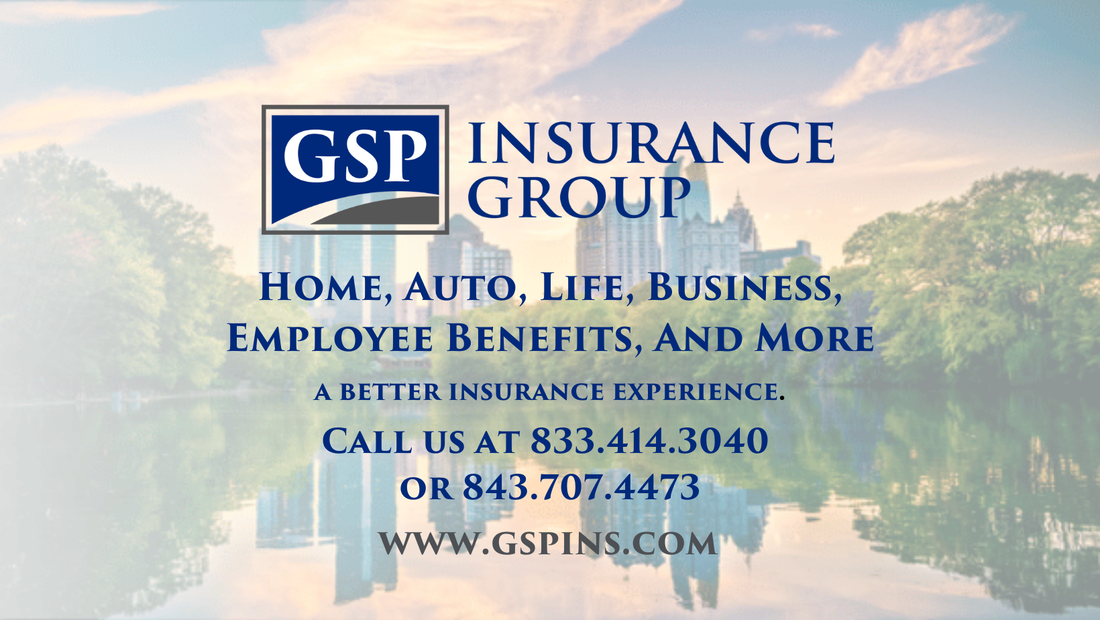
 RSS Feed
RSS Feed